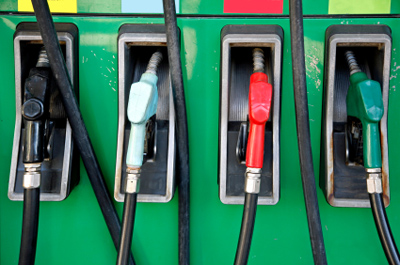Pew Applauds Obama Administration for Proposed Fuel Economy Rule
 Phyllis Cuttino, director of Pew's Clean Energy Program, issued the following statement today in reaction to the proposed rule increasing fuel economy standards for light vehicles to 54.5 mpg by 2025.
Phyllis Cuttino, director of Pew's Clean Energy Program, issued the following statement today in reaction to the proposed rule increasing fuel economy standards for light vehicles to 54.5 mpg by 2025.
“Today's announcement is good news for American consumers, U.S. national security, and the environment. The price shocks of the past decade have brought home the economic challenges and consumer hardships associated with our dependence on foreign oil. In 2010, the United States imported more than 4.3 billion barrels of oil, sending billions of dollars to other nations while our own economy struggled to recover from recession.
“We commend President Obama, the Environmental Protection Agency and the Department of Transportation for working collaboratively with all stakeholders – automakers, consumers, energy experts and environmental leaders – to propose achievable fuel economy goals that are in the long-term interest of the United States.
“Over the next 15 years, U.S. fuel economy standards will almost double to a fleet average of 54.5 miles per gallon, which will benefit all Americans. Once finalized, this rule will save consumers who purchase a model year 2025 vehicle more than $8,200 in fuel costs over the life of the car compared to a 2010 vehicle. It also will reduce oil imports by 12 billion barrels and avoid six billion metric tons of carbon emissions. These achievements will improve U.S. competitiveness in advanced vehicle technologies and strengthen our nation's energy security.
“For too long, our dependence on foreign oil has threatened the nation's security and been a drag on the economy. The initiative announced today will help stimulate innovation, economic progress, and energy independence while at the same time enhance environmental protection.”
Editorial Note:
A poll conducted for the Pew Clean Energy Program by the bipartisan polling team of the Mellman Group, Inc. and Public Opinion Strategies between July 8-12, 2011, found that an overwhelming majority of respondents supported strong fuel efficiency standards. Eighty-two percent of respondents support an increased fuel efficiency standard of 56 mpg by 2025, with 68 percent of respondents saying they “favor strongly.”











